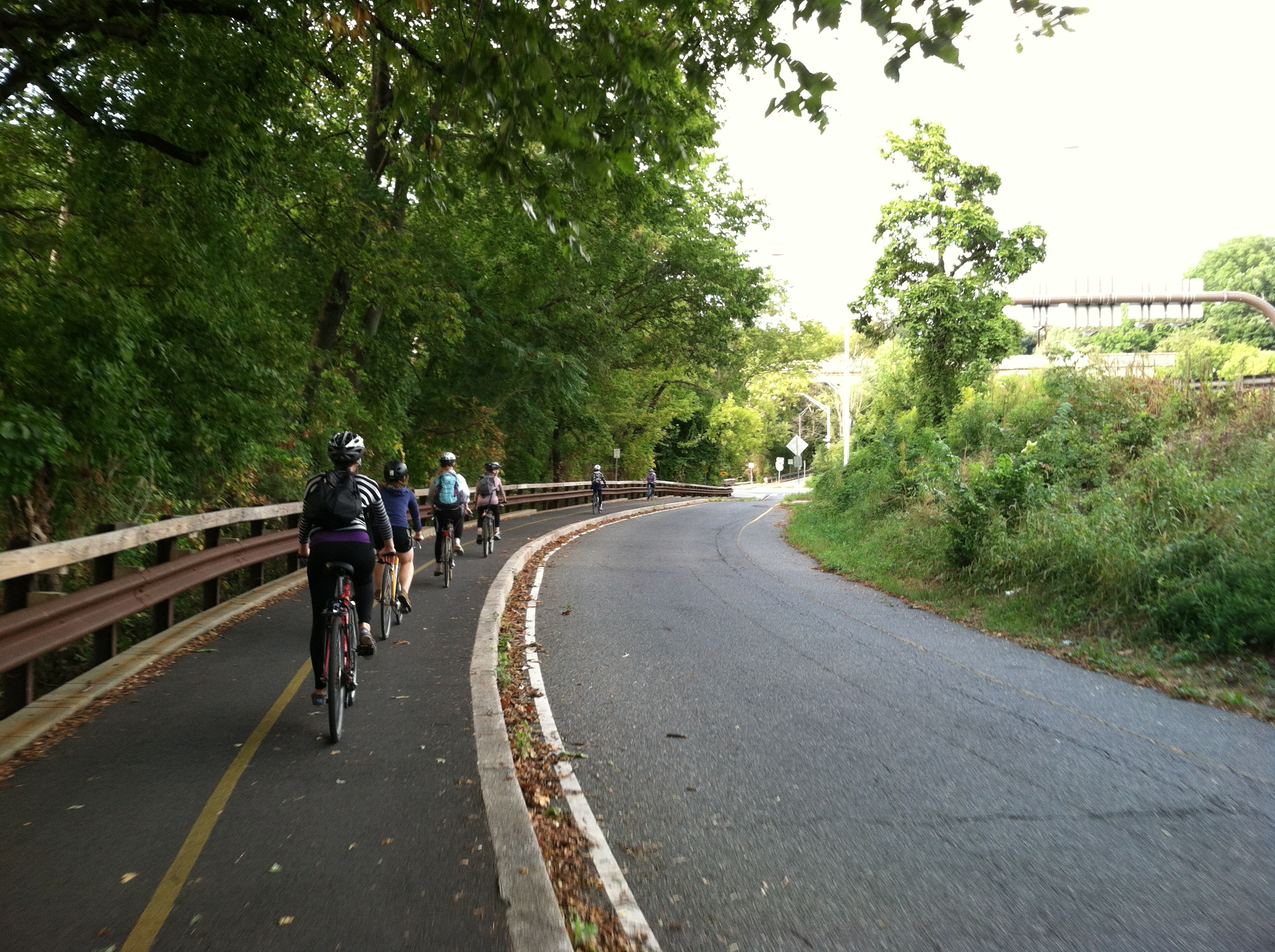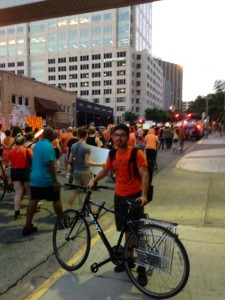
New York City employs more people in public transportation than anywhere else in the U.S.
By Micheline Maynard
Public transportation isn’t just a way for people to get to their jobs. It’s also a job creator, as well.
University of Michigan economist Donald Grimes ran some statistics for Curbing Cars after reading our story on the debate over 24 hour transit service in Boston.
You may or may not be surprised at the top cities in the U.S. for transportation jobs. The numbers are from 2011, the latest year for which information is available.
1) New York City, 61,435. The Big Apple dwarfs all American cities in the number of people it employs in transit positions, and no wonder: it has a lot of people to move around.
2) Chicago, 12,746. Chicago is still a city where a lot of people get around in their cars, but there has been a record demand for transit use there. Mayor Rahm Emanuel, who has taken heat for closing city schools and laying off teachers, actually is hiring more transit workers.
3) Los Angeles, 11,801. Given its vast size, you might think Los Angeles would have more transit workers. But its car dependency is still a significant factor. However, Los Angeles is adding streetcars and expanding its transit system, which may lead to more jobs.
4) Washington, D.C., 10,685. Washington has a big transportation network, and a lot of demand for its transit system. It comes in just behind L.A., even though its population is far smaller.
5) San Francisco, 9,864. The city by the bay has cable cars, buses, a rapid transit system and ferries. It found out during a brief Bay Area Rapid Transit strike this summer just how tough it is to get around when part of its system is shut down. Continue reading →







